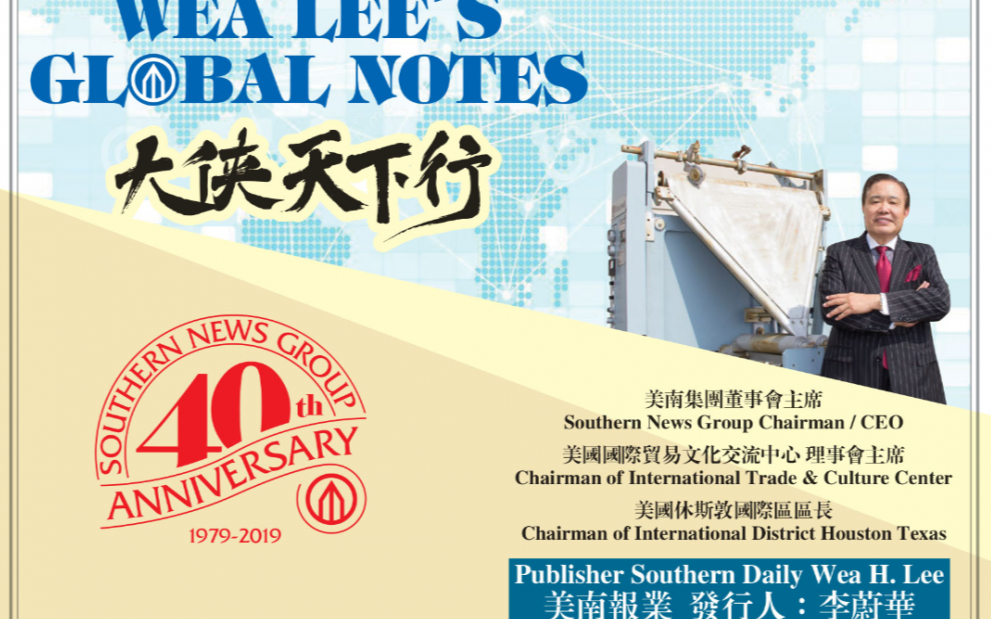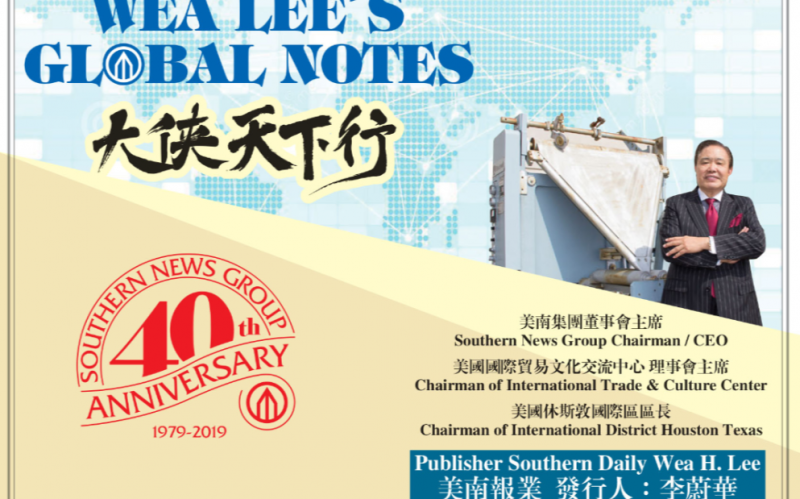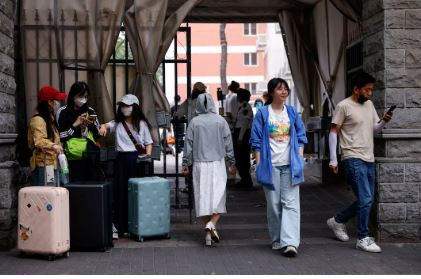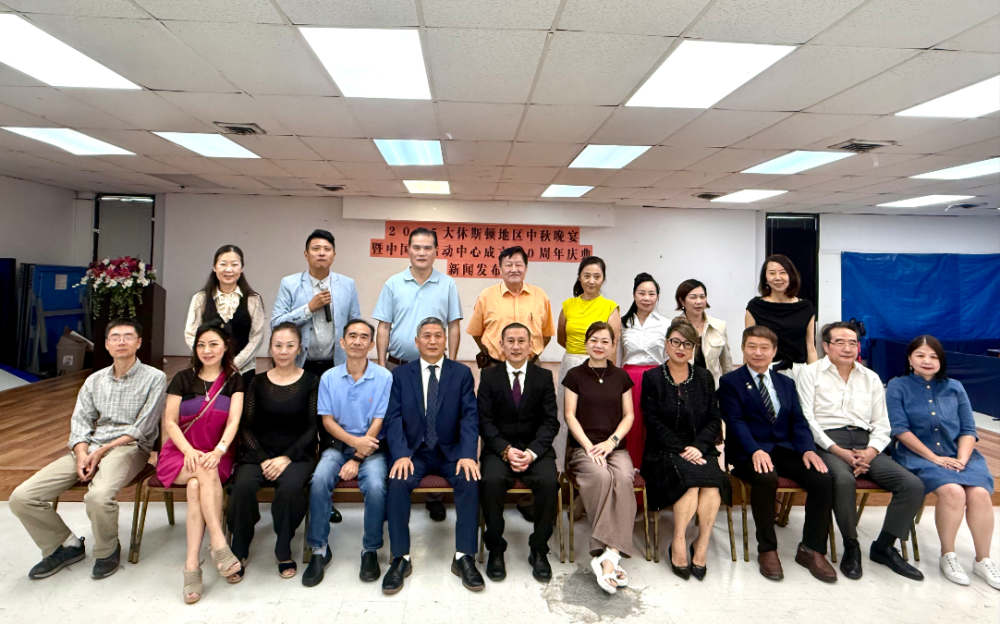美国对中国留学生下重手



Today, the U.S. government announced a significant policy shift: the revocation of visas for certain Chinese students, particularly those with alleged ties to the Chinese Communist Party or studying in critical fields such as advanced technology and engineering. Secretary of State Marco Rubio emphasized national security concerns as the driving force behind this decision. This move has sent shockwaves through academic communities and international relations. 
Chinese students constitute a substantial portion of the international student body in the United States, contributing not only to the cultural diversity of campuses, but also to the nation’s research and innovation sectors. The abrupt policy change has left many students in a state of uncertainty and distress, questioning their future in a country they have come to consider a second home.
Critics argue that this action may undermine the United States’ reputation as a welcoming destination for global talent and could have long-term repercussions on its educational and technological leadership. The Chinese government has condemned the decision, calling it discriminatory and politically motivated. 
As tensions escalate, one can’t help but ponder the broader implications of such policies on international collaboration and the global exchange of knowledge. The academic world, once a bridge between nations, now finds itself entangled in geopolitical strife.































